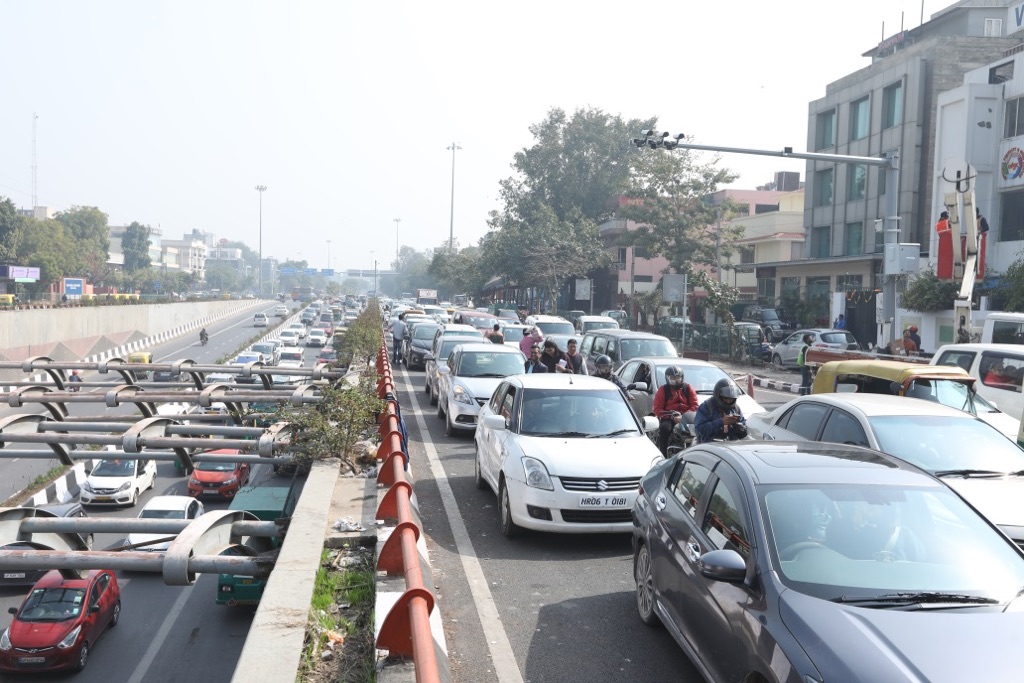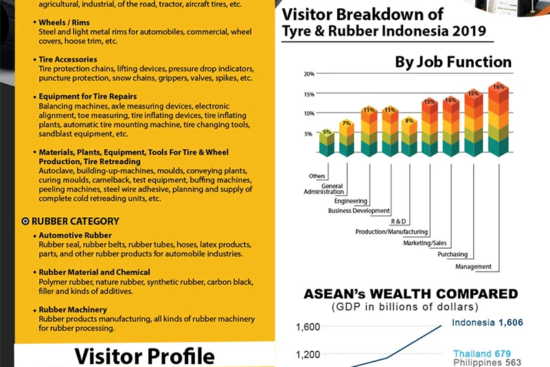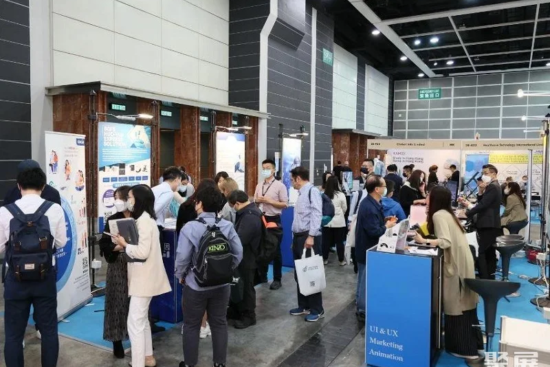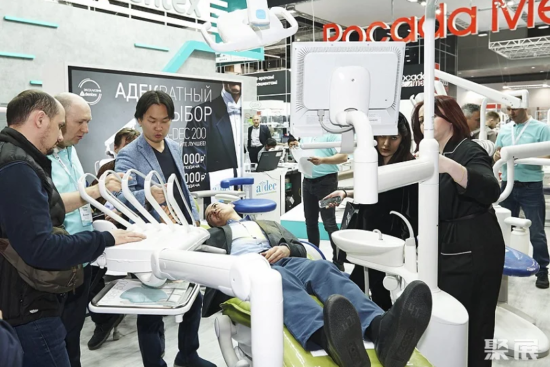

The Delhi government is preparing to introduce a congestion tax as part of its efforts to tackle the city’s worsening traffic and pollution problems. With rapid urbanization and increasing number of vehicles on the roads, traffic congestion has become a serious problem in major metropolitan areas such as Delhi, Mumbai and Bangalore. Not only does congestion lead to traffic delays and long commutes, it also significantly contributes to air pollution, which has become a major problem in the capital.
congestion charging
In response to this issue, the Delhi government is formulating a congestion pricing policy that aims to reduce traffic during peak hours by charging drivers to use specific roads or routes in high-demand areas. The move is not just about raising revenue, but also about encouraging the use of public transport and alternative, less congested routes. The authorities hope to smooth traffic and improve air quality by implementing congestion charging.
The pilot phase targets key entry points
The pilot scheme is planned to be implemented at 13 major entry points on the outskirts of Delhi, where traffic congestion is particularly severe. If successful, the strategy could be expanded to the entire city. This approach, which has been used successfully in countries such as the UK, US and Singapore, aims to discourage unnecessary travel during the busiest times of the day, thereby reducing the number of vehicles on the road and lowering pollution levels.
Payment system through FASTag
To facilitate the collection of congestion tax, the government plans to use a payment system utilizing FASTag technology. Vehicles will be charged based on license plate recognition, making the entire process seamless and eliminating the need for physical barriers. The system, still in the planning stages, will rely on RFID readers and cameras installed throughout the city.
Other measures to improve air quality
Apart from congestion charging, the Delhi government is also working on several other initiatives aimed at reducing traffic and improving air quality. These include measures to control movement of private and inter-state buses, encourage use of electric, BS6 diesel or CNG vehicles for long-distance journeys, and impound non-compliant e-rickshaws to reduce clutter on roads.
Legal adjustments for smooth implementation
Implementing a congestion tax in Delhi requires changes to the existing legal framework. The government is currently looking into amending the Delhi Motor Vehicles Rules or the Central Motor Vehicles Rules to allow charging of these charges.
Integrated solutions for traffic and pollution
By focusing on reducing congestion and promoting cleaner transport options, Delhi hopes to address traffic and pollution challenges more effectively in the near future.


source











Leave a Reply Cancel reply
You must be logged in to post a comment.